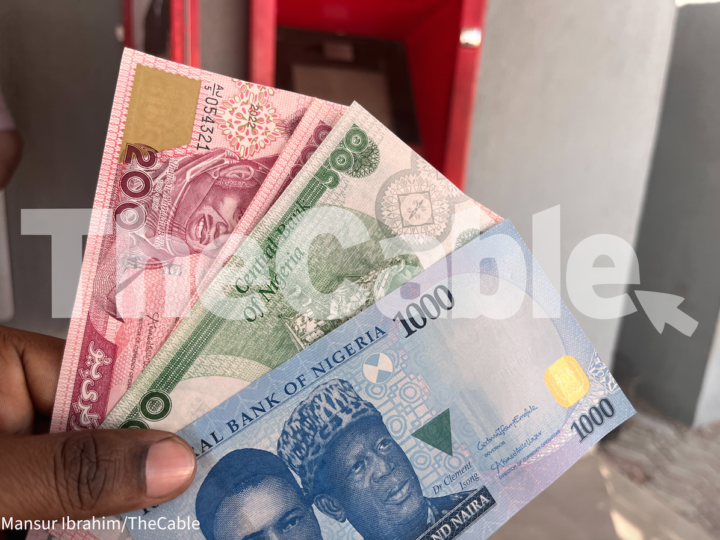Journalists for Democratic Rights (JODER), a pro-media rights group, says the current scarcity of naira notes will result in the disenfranchisement of many Nigerians in the forthcoming polls.
In a statement on Monday, the group said the cash crunch as a result of the naira redesign policy, will affect the movement of people to their various polling units.
“In the past two weeks, intra and inter-state movements of people have almost been stunted. Millions of Nigerians who registered outside their workplaces or homes will not be able to perform the historic ritual of electoral migration during the National Elections which begins on Saturday,” the statement reads.
“JODER has been active in election monitoring since 1999. The custom is that in states, millions of people register in their communities far from where they live or work. Some register in their communities located outside their state of residency. They travel ahead of the election either from one community to the other or from one state to the other. The CBN policy is set to drastically pull down this tradition.
Advertisement
“There are usually mass movements across the six geo-political zones. Without cash, a situation imposed on voters and with the epileptic inter-bank transfers, millions of Nigerians will be denied their democratic right underlining the fascist and despotic policy of the CBN policy implementation mechanism.
“We estimate that millions of people will be disenfranchised by the CBN policy. This portrays the CBN as anti-democracy whereas a responsible apex bank should realise the importance of representative government to economic growth and prosperity.”
On corruption, JODER said it is unlikely that the policy will stop vote-buying, adding that the cash crunch would only enhance voter inducement.
Advertisement
“The policy has made many people poorer. They have money that they cannot access. The consequence is that with voters brought to the lowest economic ebb, they will be more desperate for compensation to address immediate needs, having been stripped of livelihood by the cash crunch,” the group said.
“With N2.7 trillion returned to the vaults of banks, Nigerians waited in vain for the CBN to provide information on those who made suspicious deposits. What the apex bank did in return was to withhold funds belonging to poor persons which is tantamount to economic sabotage on a large and unprecedented scale.
“The CBN has undermined democracy and sustainable development by its ill-thought and despotic approach to an otherwise progressive fiscal policy that ought to have been driven with overall public good from the beginning.”
Advertisement
Add a comment






